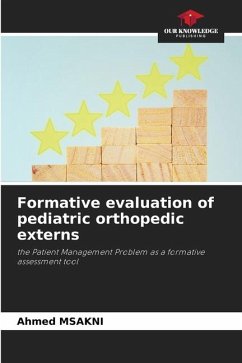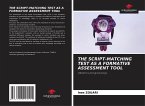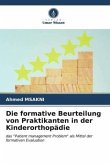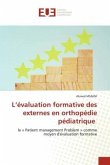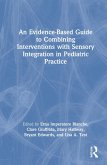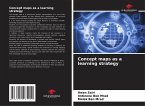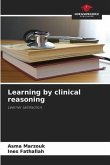The OSCE test that validates the orthopaedic internship is often disproportionate between adult and paediatric orthopaedics, and cannot attest to the achievement of the paediatric orthopaedic extern's objectives. This discrepancy between the evaluation test and the clerkship prompted us to establish another formative evaluation test during the clerkship to assess our externs' learning.Patients and methods: Our study was prospective and longitudinal. We used two linear PMPs, the first of which was of the diagnostic type "Etiological diagnosis of febrile lameness" and the second of the therapeutic type "Therapeutic management of hematogenous septic arthritis". A pre- and post-test was performed for each PMP.Results: We evaluated 42 DCEM1 externs.The variation between the means observed in the pre-test and post-test was deemed statistically significant p<0.001 .Conclusions: The results obtained in this study are promising for the implementation and validation of a continuous, formative assessment of clinical reasoning for externs using the "PMP".
Bitte wählen Sie Ihr Anliegen aus.
Rechnungen
Retourenschein anfordern
Bestellstatus
Storno

